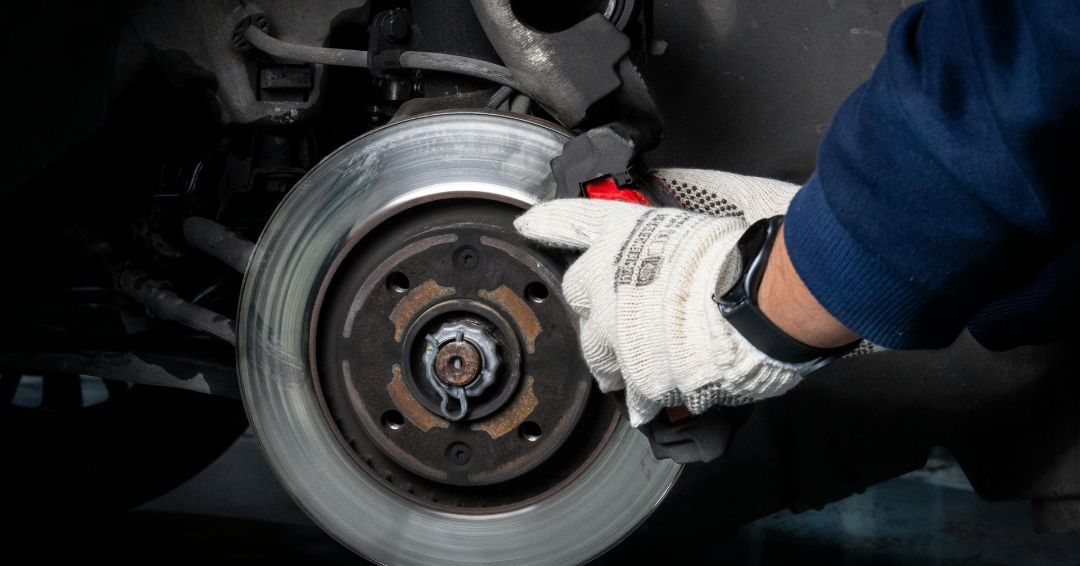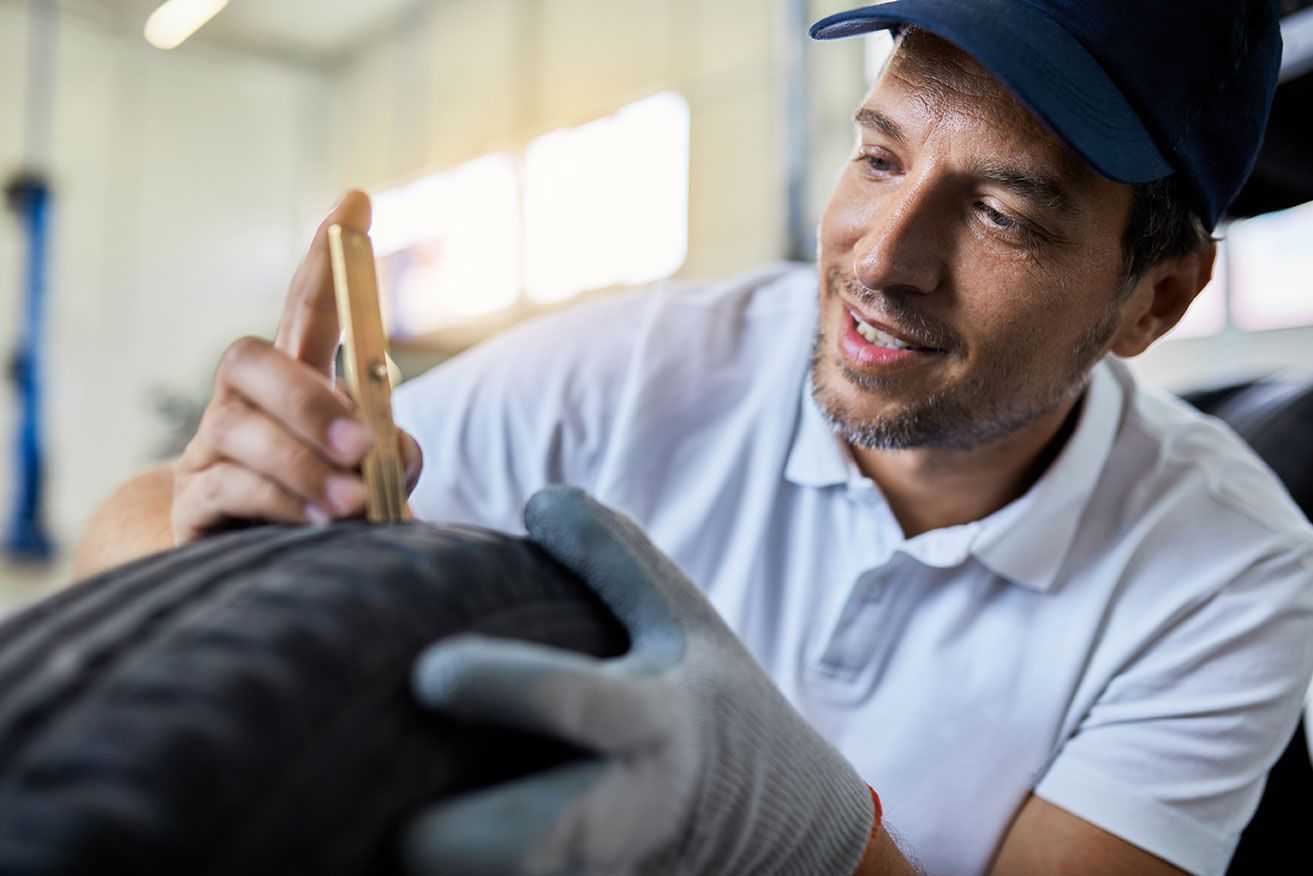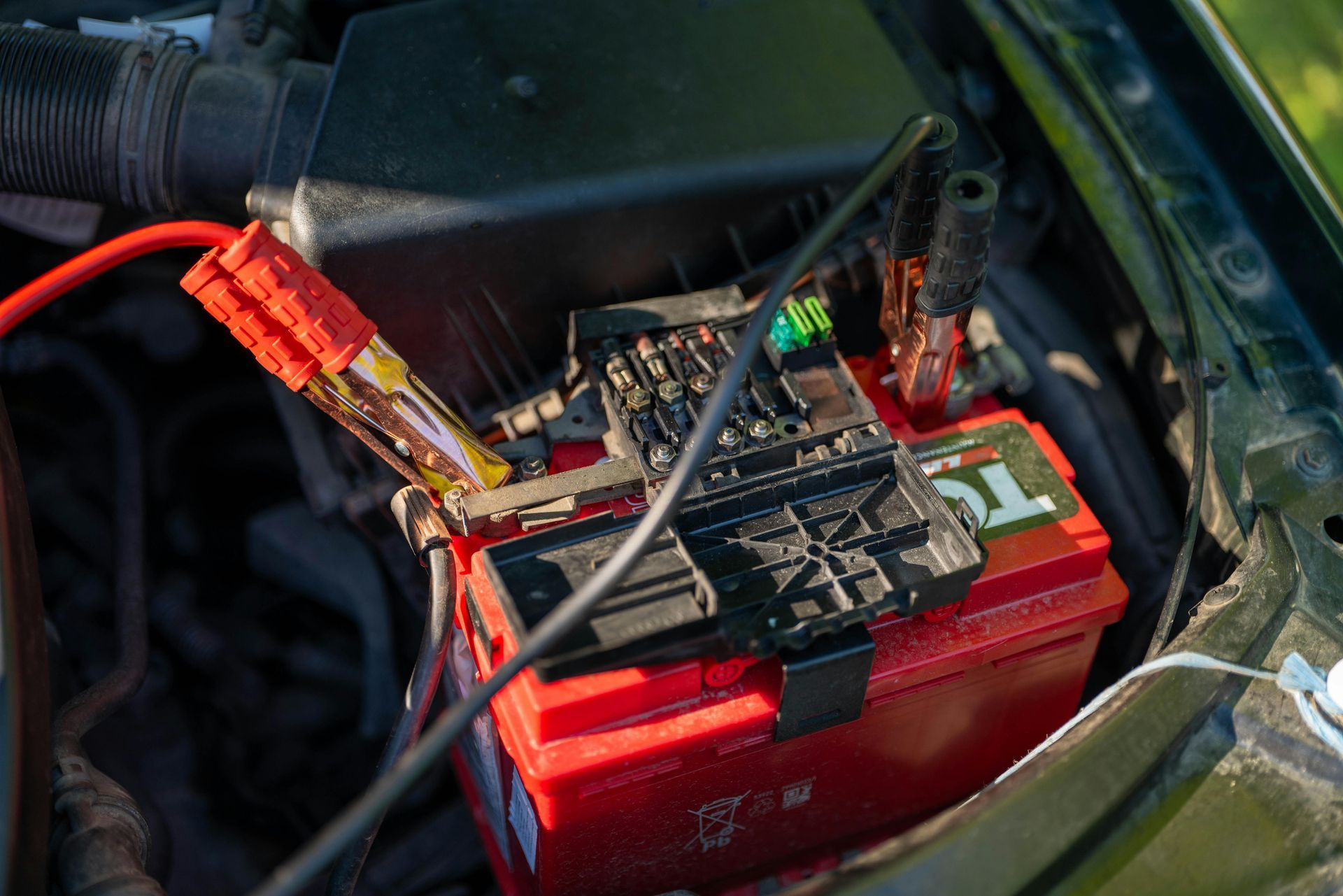Is Brake Fluid Replacement Necessary?
Auto Shops Located in: Chapel Hill, Durham, Taleigh, Apex, and Cary North Carolina

Brakes are perhaps one of the most necessary elements of vehicle safety. However, many customers may find themselves wondering, “Is a brake fluid flush really necessary?” The short answer is yes. Your braking system relies on the hydraulic fluid to amplify your foot’s pressure on the pedal. This is what allows you to stop a heavy, fast-moving vehicle with minimal effort. Your brake fluid requires regular service to maintain this performance. Here is everything you need to know about brake fluid flushes.
Why Brake Fluid Flushes are Important
Your brakes tend to face three primary problems, which comprehensively lead to necessary brake fluid flushes:
- The braking process generates heat, which breaks down and wears away at your brake fluid.
- This process leaves moisture behind, which can cause your brakes to rust.
- Particles of debris, rubber, and metal can contaminate the solution over time.
If left unattended, these issues can lead to reduced brake performance and, eventually, brake failure. Here is our guide to the 5 signs you are due for a brake fluid flush.
So what does the process of brake fluid flushing involve?
What Happens During a Brake Fluid Flush?
Brake fluid flushing requires a careful process to ensure proper brake functionality; however, a skilled and experienced mechanic can complete a brake fluid flush quickly and effectively. This process has four major components:
- Draining Hydraulic Fluid: An expert begins this service by removing old, worn, and depleted hydraulic fluid.
- Clean out Debris: Next, your mechanic will clean out your braking system to ensure that all of the debris is removed.
- Check For Rusted Braking Components: If you wait an extended period of time before getting the brake fluid flush you need, an expert will be unable to clear out the rust and corrosion. Instead, they may need to replace your calipers, wheel cylinders, or any other rusted metal component.
- Brake Fluid Renewal: This service is finished by filling your system with fresh braking fluid, effectively renewing your braking performance, and protecting your vehicle from brake issues.
When Do I Need a Brake Fluid Change?
Corrosion and rust can cause structural damage to your braking system, leading to costly repairs. Regular brake fluid service can prevent these deeper system issues from occurring. Brake fluid flushes are recommended every 30,000 miles or 2 years, depending on your driving and braking patterns.
For example, if your daily commute is mostly long stretches of highway, you may be racking up miles quickly without using your brakes heavily. This puts less stress on your system, allowing you to wait for the full 30,000 miles before you need a brake fluid change.
For drivers with shorter, brake-heavy commutes, the 2-year mark may be more appropriate for proper brake protection. This more frequent service also applies to professional drivers, including drivers for Uber and Lyft.
Your vehicle year, make, and model may also affect your brake fluid flush cadence. Consider consulting your owner’s manual or speaking with your local mechanic for further insight.
Brake Fluid Flush in the Triangle
The experts at Chapel Hill Tire are skilled in providing quick, high-quality brake fluid flushes. Our transparent pricing paired with our available coupons help Chapel Hill Tire offer this and other brake services at an affordable price. You can find a Chapel Hill Tire mechanic in one of our n0 Triangle-area locations, including those in Raleigh, Durham, Apex, Cary, Chapel Hill, and Carrboro. Make an appointment here online to get your professional brake fluid change today!















